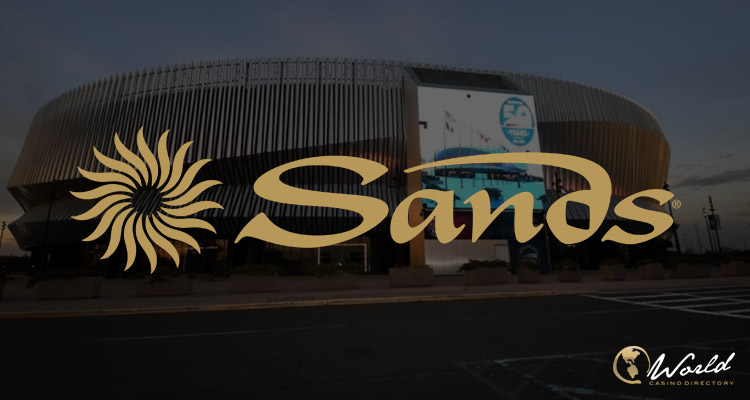
Fighting for its bid for a proposed New York casino-resort which will be located in Nassau County, Long Island, to win one of 3 available downstate New York casino licenses, Las Vegas Sands has officially paid an overall price of $241 million to buy the lease to take control of the Nassau Coliseum site, according to the firm’s latest quarterly report submitted on October 20 with the U.S. Securities and Exchange Commission.
$92 million “goodwill” premium:
The total cost involved a “goodwill” premium of $92 million, which is definitely more than the actual value of the complex. Additionally, said lease purchase price was paid directly to Nassau Live Center LLC, which was led by Nicholas Mastroianni II, who had control of the complex.
During May, the Nassau Legislature validated a 99-year lease deal that would permit the aforementioned firm to construct a casino on the site of the Nassau Coliseum if it wins the aforementioned battle. Relatedly, the Security and Exchange Commission (SEC) filling displayed that Sands made an initial payment of $54m to Nassau County and that its following “minimum lease payments” will be $1 million for this year, then $6m yearly for the period from 2024 to 2027 and finally $1.77 million after that period.
In previous reports, Newsday talked about the aforementioned lease but without the price, as Sands didn’t disclose it. Meanwhile, the firm said in a filling: “On June 2, 2023, we paid $241 million to acquire Nassau Live Center, LLC and related entities (the ‘Nassau Coliseum’), the owners and operators of an entertainment arena in the State of New York. The purchase of the Nassau Coliseum, which continues to operate following the closing of the sale, primarily included the fixed assets related to the arena and the right to lease the underlying land from the owner, the County of Nassau in the State of New York.” In addition, the firm’s spokeswoman verified the details of the firm’s aforementioned SEC filling and commented: “The agreement gives the company 100% control of the lease.” The firm didn’t offer any additional comment or stated why it made the decision to accept to pay the aforementioned $92 million “goodwill” premium.
However, during a recent interview on the cable financial news channel, CNBC, Sands CEO Robert Goldstein, commented: “We control the Nassau Coliseum, almost 70 acres, and I think we’re going to build a top-tier resort of the highest order.”
Competition:
Moreover, as already stated, nothing is certain for the proposed casino mentioned above, as competition is still ongoing when it comes to the 3 NY licenses. At least 10 companies are slated to bid, including Yonkers Raceway/Empire Casino and Resorts World at Aqueduct Racetrack, with Sands the only projected bidder east of Queens. As for Yonkers and Aqueduct, they already own video slot machines and the NY license would permit them to include “traditional Vegas-style table gambling”, like poker and blackjack. During 2022, some experts familiar with the matter believed that the NY gaming regulator would choose the winning bids during this year, but the whole process is moving really slowly and is predicted to enter next year.
This specific casino proposal by Sands needs a zoning change, which is why the company has already submitted a zoning application to the Town of Hempstead. In this regard, when asked about possible development issues with the proposed property, Goldstein replied: “We have both control of the property and we are approaching the zoning very seriously and our bid will be very, very strong.”
As for the layout of the proposed casino-resort, it will involve 2 hotels, a casino and a live-performance space equipped with 4,500 seats. On that note, during the interview held on October 24, Mastroianni said: “Myself and investors held debt of approximately $120 million on the Coliseum site as various plans over the past decade failed to come to fruition. My group sold the lease to Sands at a discount even though he believes it’s worth at least $350 million, now that the company has a 99-year lease. Am I relieved? Hmm, yeah. But what I’m happy to see is a company with financial strength behind the project. So no matter what happens there, they have the wherewithal to build it.”
The online casino business in India is rapidly growing, driven by increasing internet access, smartphone usage, and interest in online gaming. While online gambling laws in India vary by state, many international platforms cater to Indian players, offering games like slots, poker, and cricket betting. The industry thrives on cryptocurrency transactions, INR payments, and localized promotions.
Despite legal ambiguity, the demand for online casinos is high, with players seeking secure, regulated platforms that provide an array of gaming options and bonuses. However, players should always ensure they are adhering to local laws.





